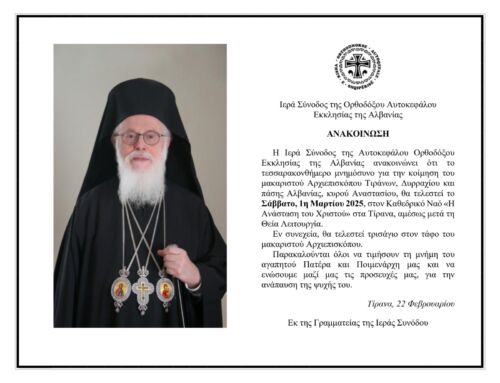In addition to the beatitudes of Jesus, there are many fruits of the Holy Spirit enumerated in the apostolic scriptures and referred to in the writings of the saints of the Church. These fruits of the Spirit are often called the Christian virtues, which literally means those powers and possessions of the mind and the heart which all men should have if they are truly human, fulfilling themselves as created in the image and likeness of God.
Generally speaking, all of the human virtues are attributes of God Himself. They are the characteristics of Jesus Christ, the divine Son of God in human flesh. They are the divine properties which should be in all human persons by the gift of God in creation and salvation through Christ.
It has been said, and it is true, that the Christian virtues are not all particularly “Christian” in the sense that only Christians know about them and are committed to attain them. Most, if not all, of the Christian virtues have been honored, respected and recommended by all great teachers of the spiritual life. This in no way detracts from their Christian value and truth, for Christ and His apostles and saints have not taught and practiced something other than that which all men should teach and practice. As the fulfillment of all positive human aspirations and desires, it is quite understandable that Jesus Christ, the perfect “man from heaven” and “final Adam”
(I Corinthians 15:45-47, Romans 5:14), should fulfill and realize in Himself that which all men of wisdom and good-will have sought for and desired in their minds and hearts, enlightened by God.
For in truth, whatever is found in man to be good and beautiful and true, is found there because of God and is from God. This is the case, whether it is realized or not, “for every good gift and every perfect gift is from above, coming down from the Father of lights” (James 1:17), and it is Christ Himself, the eternal Son and Word of God, who is the light and the life of every man who has ever lived and been enlightened on this earth. (Cf. John 1: 1-10) Thus the Apostle Paul has counseled Christ’s faithful:
Finally, brethren, whatever is true, whatever is honorable, whatever is just, whatever is pure, whatever is lovely, whatever is gracious, if there is any excellence, if there is anything worthy of praise, think about those things. (Philippians 4:8)
As we “think about those things,” we will refer to the teaching of the apostle himself, and to all of the apostles and teachers of the Christian faith who have been enlightened and inspired by God through the Lord Jesus Christ, by the power of the Holy Spirit in the life of the Church.


